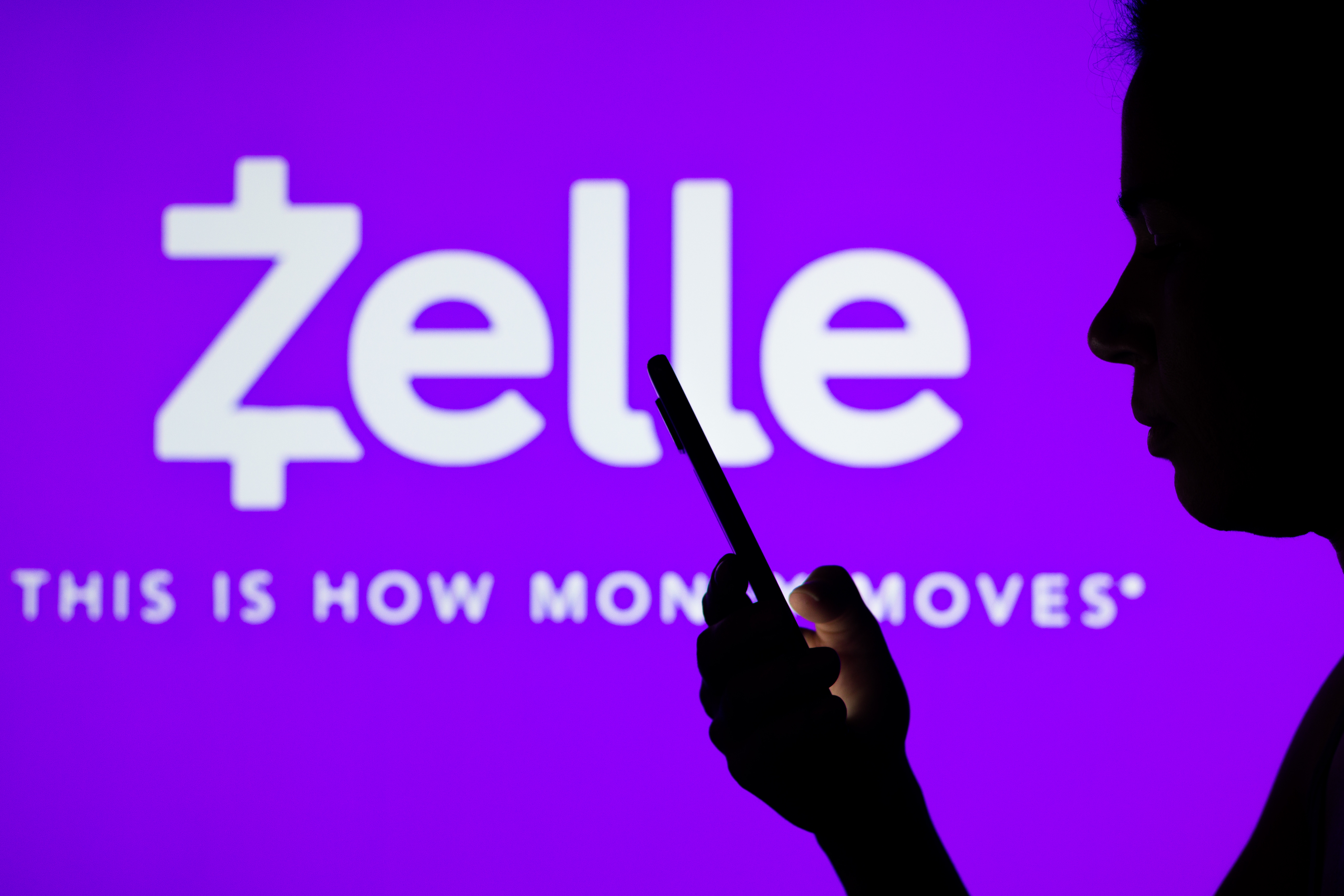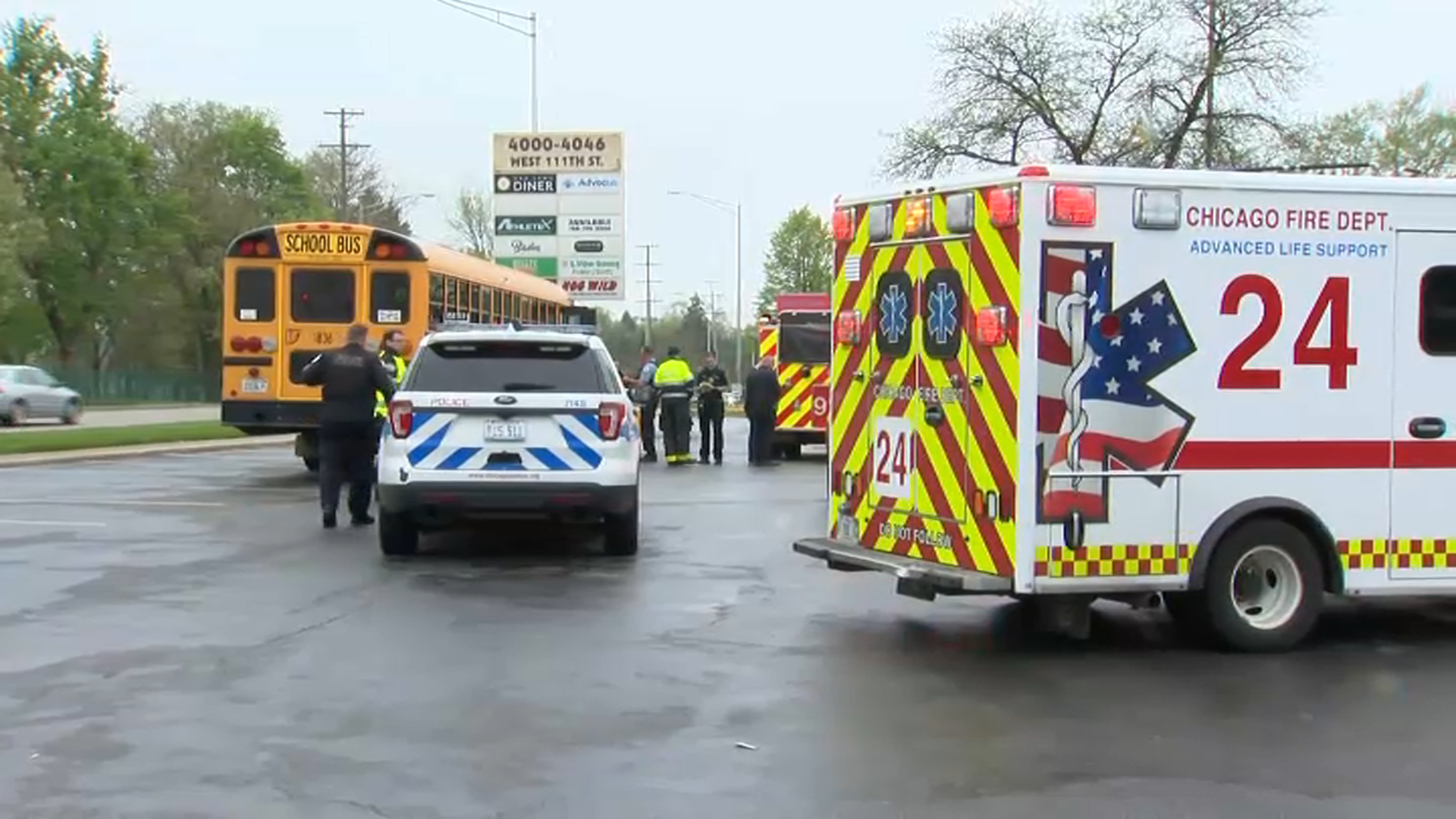Elon Musk’s Boring Company has been selected to build and operate an express service from downtown Chicago to O’Hare International Airport. NBC 5’s Lauren Petty reports.
The city of Chicago has failed to release public documents related to Elon Musk’s proposed high-speed underground tunnel system under the Freedom of Information Act, a lawsuit claims.
Mayor Rahm Emanuel officially announced the selection of the Boring Company to build and operate the express service to O'Hare International Airport in June.
“Bringing Chicago’s economic engines closer together will keep the city on the cutting edge of progress, create thousands of good-paying jobs and strengthen our great city for future generations,” Emanuel said at the time. “This transformative project will help Chicago write the next chapter in our legacy of innovation and invention.”
But the Better Government Association announced a lawsuit (which can be read here) last week, citing “murky” details surrounding the $1 billion deal—as well as similar concerns raised by a Los Angeles suburb where Musk planned a similar underground project.
“They just want us to say ‘yes’ because we are dazzled by the glitter and the brightness of what they've accomplished in the past or who they are,” Culver City’s Mayor Thomas Small told a BGA reporter last week.
The BGA said Emanuel declined to be interviewed for its story.
“We will vigorously defend against this suit, which is without merit because the final contract does not yet exist,” a spokesman for Chicago's Law Department told NBC 5.
Reached by telephone Friday, the BGA’s president, David Greising, told NBC 5 the lawsuit was sparked by a denial from the city of Chicago in response to a FOIA request submitted seeking public documents related to Musk’s tunnel. The city denied the request, saying it was still in a “pre-decisional state” with Boring, Greising said, despite the city’s announcement that the company had won the bid.
But Greising says the mayor's announcement of the project shows the city is serious about moving forward with the project, making any related documents fair game under public records requests.
Local
“We believe the law is clear on this matter,” Greising said. "Taxpayers have a right to weigh in to help prevent another giveaway from happening."
The BGA reports that questions of “timing, liability, geological unknowns and even a market demand for such a service” are still awaiting answers. The watchdog's lawsuit points to a $200-plus million O'Hare express train project approved by the city council in 2005.
“The project was never finished, but taxpayers are still paying off the loan to construct it," the suit reads.
"Was Boring the most qualified bidder, or was this deal done so Chicago could bask in Elon Musk's SpaceX glow?" Greising said. "Without the information we're seeking, there is no way to tell."
The Boring Company did not immediately respond to NBC 5's request for comment.
"It's time to hand over the records," Greising said.



